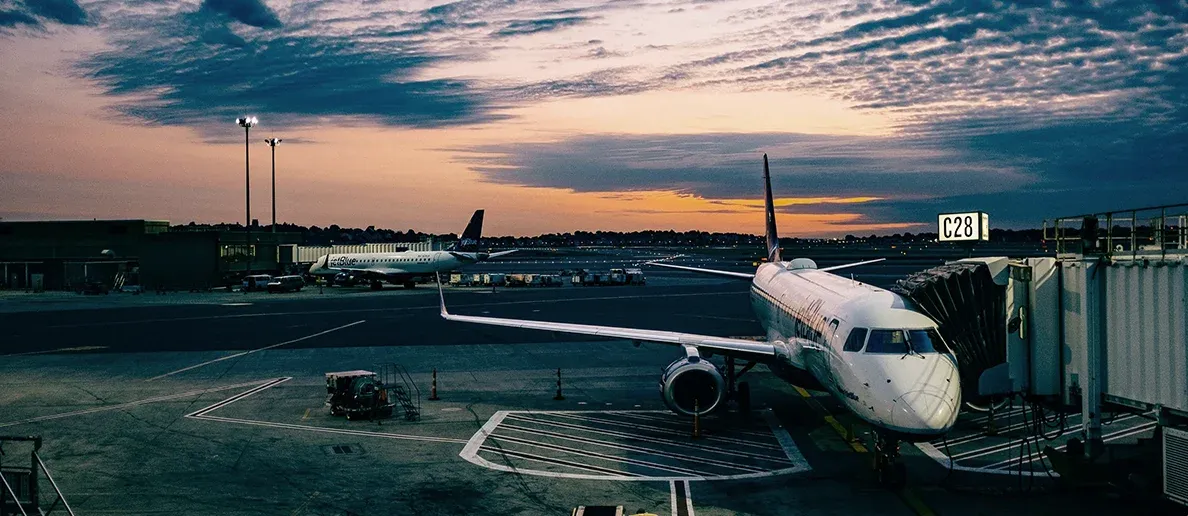U.S. Senate Approves Aviation Bill with Emphasis on Safety


On Thursday, the U.S. Senate decisively approved a comprehensive aviation bill, signaling a significant investment in air travel safety and operational enhancements. This legislation, allocating $105 billion over a five-year period, represents a pivotal reauthorization of the Federal Aviation Administration (FAA).
Key provisions of the bill include mandates to prohibit airlines from implementing fees for family seating arrangements and to upgrade cockpit recording devices to a minimum of 25 hours, a substantial increase from the current standard of two hours. Additionally, it directs the FAA to implement advanced airport surface technologies to mitigate collision risks effectively.
Recent aviation incidents, notably the mid-air emergency involving Alaska Airlines' Boeing 737 MAX 9 door plug, have underscored the pressing need for heightened safety measures. Despite calls to raise the mandatory pilot retirement age to 67, this provision did not find its way into the final bill.
Consumer protection features prominently in the legislation, with civil penalties for airline violations set to increase from $25,000 to $75,000 per infringement. Addressing a looming shortage of air traffic controllers, the bill directs the FAA to implement improved staffing standards and bolster recruitment efforts for inspectors, engineers, and technical specialists.
While Congress delegates the determination of minimum seat sizes to the FAA, it mandates the creation of a consumer-facing dashboard to provide transparency regarding seating standards across U.S. airlines.
Year to date, the congressional activity regarding civil aviation stocks has been limited. Two congress members were seen on the selling side of the market. Congressman Bill Keating and Representative Blake Moore both reported selling their stakes in the U.S. aerospace firm Boeing Co.
In the sphere of civil aviation stocks, congressional involvement thus far this year has been notably restrained. Recent disclosures indicate that two members of Congress, namely Congressman Bill Keating and Representative Blake Moore, opted to divest their holdings in the U.S. aerospace corporation, Boeing Co. (BA:US) in January and February.
